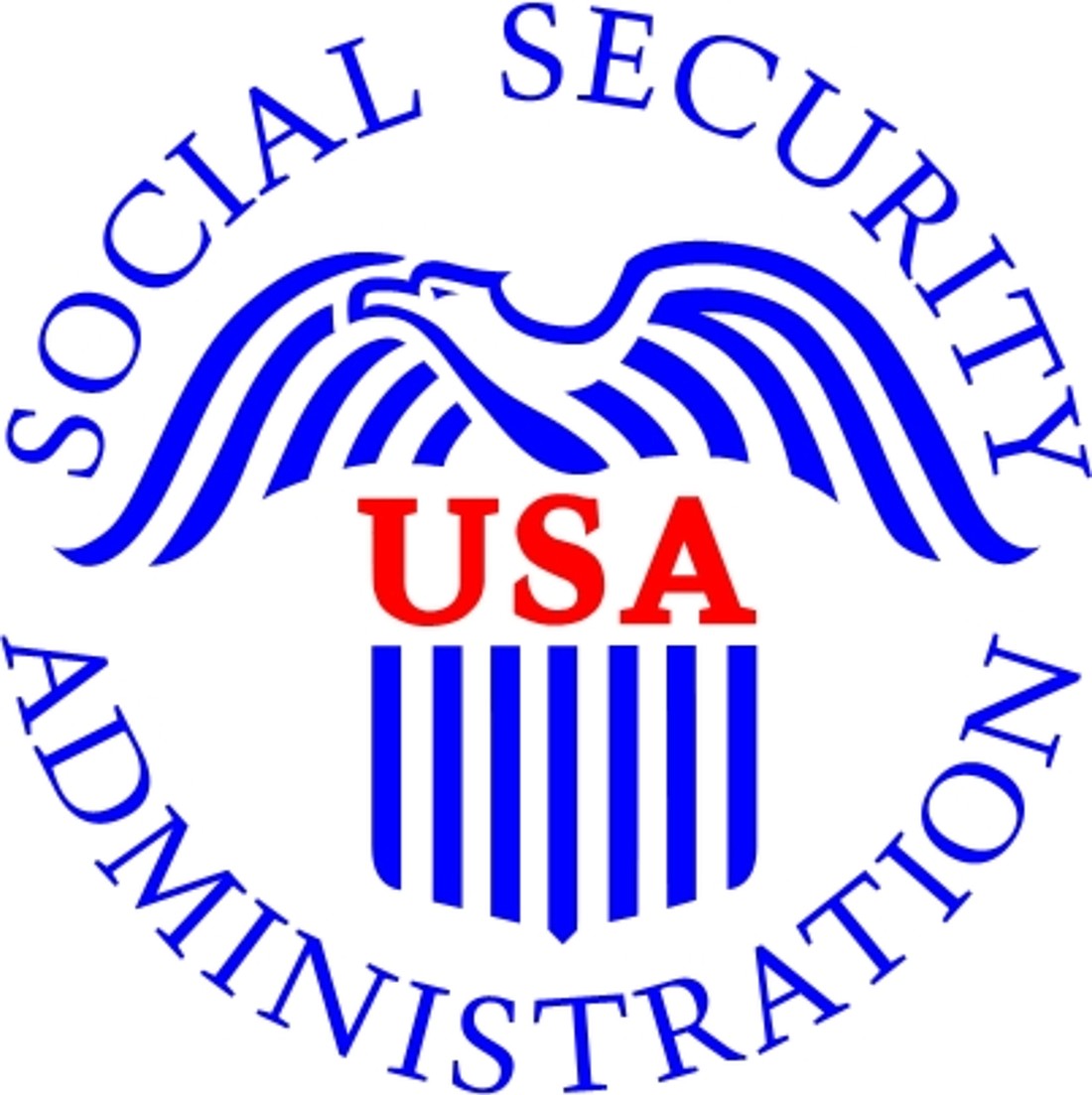PROTECT YOUR SOCIAL SECURITY NUMBER AND PROTECT YOURSELF FROM IDENTITY THEFT
June 23, 2017 at 4:13 p.m.
By Kirk Larson
Social Security Washington Public Affairs Specialist
If you watch the news, listen to the radio or read a newspaper, magazine or the Internet, then you probably are aware that identity theft is one of the fastest-growing crimes in America. While recovering from an act of identity theft can be difficult, there are steps you can take to help protect yourself from identity thieves.
Identity theft often starts with a Social Security number, or SSN. Once a thief has a valid number, he or she can open or reactivate credit card accounts in your name, apply for federal or state benefits or make changes in your financial accounts. That nine-digit SSN is a valuable first step in assuming someone’s identity. Moreover, this is why protecting your Social Security number, or SSN, is the first step in preventing identity theft.
When doing business with Social Security always go to www.socialsecurity.gov. If you get an email asking for your SSN, do not reply. The Social Security Administration (SSA) will never ask you to provide your number by email. If you have a mySocial Security account, SSA will occasionally send you information but we will never ask you to provide information. Beware of links taking you to the Social Security webpages. It may seem faster but it could be a trap. The best way to stay safe is to go directly to www.ssa.gov.
Safeguard your SSN. You should treat your Social Security number as confidential information and avoid giving it out unnecessarily. Keep your Social Security card in a safe place with your other important personal papers. Do not carry it with you unless you need to show it to an employer or service provider. The fewer people with access to your number, the safer you are.
Shred unneeded documents. Don’t just throw away paperwork that includes your name, Social Security number or other personal information on it – shred it. When you get junk mail, shred it before you toss it. If you don’t have a shredder, try ripping your paperwork several times and placing half of each document in different trash bags. If you fail to shred it, it could become free credit for someone else.
Monitor your credit records. Each of the major credit reporting services are now required by law to provide you with a free credit report each year upon request. This is a convenient way to see if anyone other than yourself or other authorized persons are using your credit. You can contact Equifax, Experian and Transunion and ask for your free reports. Just go to the website set up by the three credit agencies, www.annualcreditreport.com/cra/index.jsp, to request a free credit report.
Social Security also wants you to know that we work hard to protect your number from misuse. For example, we require and carefully inspect proof of identity from people who apply to replace lost or stolen Social Security cards, or who request corrected cards. One reason we do this is to prevent people from fraudulently obtaining Social Security numbers to establish false identities. We maintain the privacy of Social Security records unless a law requires us to disclose information to another government agency or if your information is needed to conduct Social Security or other government health or welfare program business.
For more information on identity theft and safeguarding your Social Security number, visit our online leaflet Identity Theft And Your Social Security Number at www.socialsecurity.gov/pubs/10064.html. Alternatively, you can call us at 1-800-772-1213 (TTY 1-800-325-0778) and ask for the leaflet entitled Identity Theft And Your Social Security Number.
If you think that you have been a victim of identity theft, you should contact the Federal Trade Commission at: Internet – www.consumer.gov/idtheft or
Telephone – 1-877-IDTHEFT (1-877-438-4338; TTY – 202-326-2502). The Federal Trade Commission is the federal clearinghouse for identity theft complaints.
Kirk Larson is a Social Security Administration Public Affairs Specialist located in Seattle and serving Western Washington.





